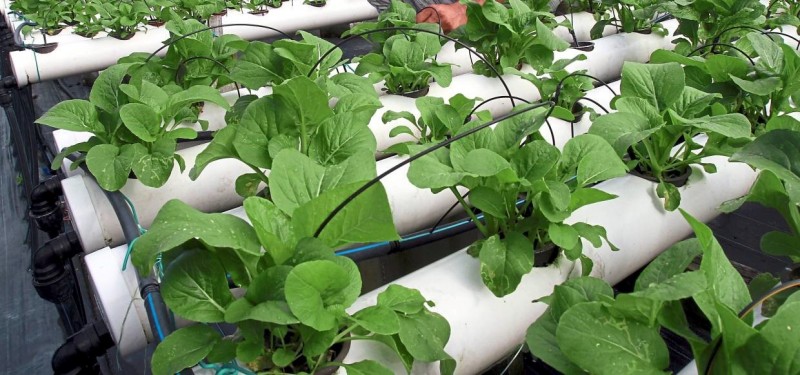
Image credit: The Star
When the Malaysian Movement Control Order 1.0 was implemented as a preventive measure in response to the COVID-19 last year, the food in the supermarket was sold out. Some people couldn't even buy canned food. Later, vegetable vendors launched the delivery service one after another, so that everyone can solve their urgent needs without leaving home. However, long-distance transportation anyway takes a while to deliver the goods, which makes people aware of the potential food security issues in Malaysia. If large urban farms were established in every region, people would no longer have to worry about food supplies.
Food security refers to a state where everyone can get enough food stably. Ms. Zhong Zini, the head of ilabs Venture at Sunway, pointed out that 1/4 (about 24%) of Malaysia’s food supply comes from imported food, largely relying on foreign food to meet local supply. When import and export logistics are affected during the epidemic, it will also directly impact the food supply. Sunway FutureX Farm was originally an innovation center, mainly engaged in various innovation research. Under iLabs, students often put forward innovative ideas, some of which involve food and sustainable development projects. After making relevant suggestions with the business team, they found that the community was in need of these technologies, so they transformed the old building of Sunway College into an urban farm and launched Sunway XFarm. The team believes that urban farms can help improve the situation and ensure that food supplies are available in time.
Ms. Zhong Zini said that the urban farm should not be a project completed by one person alone. Only through community connection and cooperation with people who have idle land or space can we better promote this project.
"Small community farms may not be able to completely solve the food problem, and only large commercial urban farms can fully meet supply and demand. But it’s a good thing for everyone to have such an awakening consciousness and start to know that they can grow crops in the community, but these people may only plant when they are free, and the planting operations will not be as rigorous as commercial planting, and the output will not be able to feed a bunch of people."
"We don't need much planting land, but we need the participation of a lot of people."
Adopting hydroponic planting
Urban farms adopt hydroponic cultivation, not only because of space constraints but also because hydroponic cultivation is easier to control. Ms. Zhong said: "Due to the lack of large areas of open space in cities, hydroponic planting can solve this problem and produce a large number of crops. Of course, this planting method has certain restrictions. It is impossible to grow rhizomes or rice, but at least green leafy crops can be grown. In addition to research on plant cultivation, the team has also cooperated with Sunway University to develop software to provide a more friendly entrepreneurial environment for those interested in this field. Among them, the amount of water and fertilizer can be controlled through the Internet of Things, and the industry can also see the current status of the crops and the best harvest time from the system, and even make emergency notifications when crops change."
Ms. Zhong pointed out that Sunway FutureX Farm is currently also launching a DIY package for home-growing so that people can try to grow their own at home to cultivate interest. But to solve the food problem, large-scale commercial urban farms are still needed to have sufficient vegetable supply.
"We are currently doing a lot of research, hoping to grow rare crops on urban farms." She laughed and said that the team is experimenting with planting radishes, beetroots, and other plants in lowlands by hydroponics. Once the experiment is successful, many "impossible" crops can be grown in the lowlands. At the same time, these planting techniques will be taught to entrepreneurs who come to the training.
Source: https://www.hortidaily.com/article/9338105/malaysia-cultivating-community-farmers-to-be-self-sufficient-in-the-food-supply/

